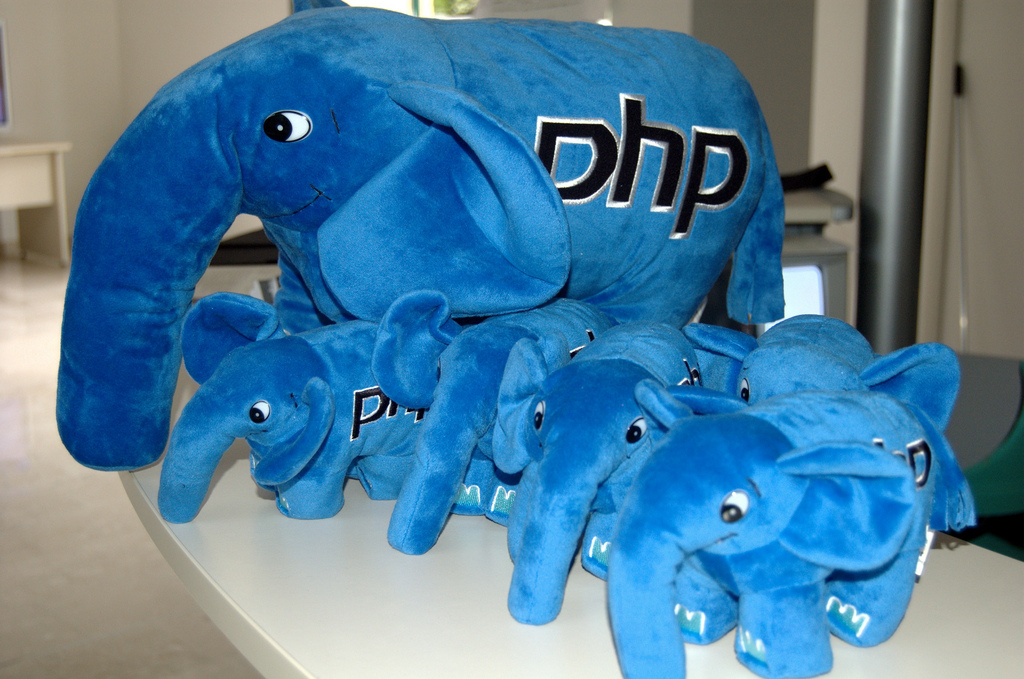Are you diving into the world of web development and torn between Ruby on Rails and PHP Laravel? Choosing the right framework for agile development can make a significant impact on your project’s success. Let’s explore the strengths and weaknesses of each to help you make an informed decision.
Understanding Agile Development
Agile development is a methodology that emphasizes flexibility and collaboration in the software development process. It focuses on iterative work cycles, allowing for continuous improvement and adaptation to changing requirements.
By breaking down projects into smaller tasks, Agile enables teams to deliver incremental value to clients while maintaining a high level of transparency and communication. This approach promotes quick feedback loops, ensuring that any issues or changes can be addressed promptly.
One key aspect of Agile is its emphasis on customer satisfaction through early and continuous delivery of valuable software. By involving stakeholders throughout the development process, teams can ensure that the final product meets their expectations.
Agile development encourages a mindset of constant learning and adaptation, fostering innovation and efficiency within software development teams.
Speed and Efficiency: Comparison between Ruby on Rails and PHP Laravel
When it comes to speed and efficiency in web development, both Ruby on Rails and PHP Laravel have their strengths.
Ruby on Rails is known for its convention over configuration approach, which allows developers to get up and running quickly without having to spend time configuring every aspect of the application. On the other hand, PHP Laravel offers a more flexible structure that can be customized to fit specific project requirements.
In terms of performance, Ruby on Rails has been praised for its ability to handle complex applications efficiently. However, PHP Laravel has made significant improvements in recent years with features like Eloquent ORM and Blade templating engine that contribute to faster development cycles.
The choice between Ruby on Rails and PHP Laravel will depend on the specific needs of your project and the expertise of your development team.
Customization and Flexibility
When it comes to customization and flexibility, both Ruby on Rails and PHP Laravel offer a wide array of options for developers.
Ruby on Rails provides conventions over configurations, making it easy to follow established patterns and best practices. This can streamline development and ensure consistency across projects.
On the other hand, PHP Laravel is known for its elegant syntax and expressive codebase, allowing developers to quickly build custom solutions tailored to specific project requirements.
Whether you prefer the structure of Ruby on Rails or the flexibility of PHP Laravel, both frameworks provide ample opportunities to customize your application according to your needs.
Choosing between Ruby on Rails and PHP Laravel ultimately depends on your development preferences and project requirements.
Key Features of Each Framework
Ruby on Rails, known for its convention over configuration principle, offers a robust set of tools and libraries that streamline the development process. With its emphasis on DRY (Don’t Repeat Yourself) coding practices, Ruby on Rails promotes code reusability and maintainability.
On the other hand, PHP Laravel stands out for its elegant syntax and expressive features like Eloquent ORM and Blade templating engine. Laravel’s built-in authentication system simplifies user management tasks, while its artisan command-line tool automates repetitive tasks effortlessly.
Both frameworks support MVC architecture, making it easy to separate concerns within an application. Ruby on Rails’ scaffolding feature generates boilerplate code quickly, while Laravel’s composer package manager enables seamless integration of third-party libraries.
In terms of testing capabilities, Ruby on Rails provides robust testing tools like RSpec for behavior-driven development. Conversely, PHP Laravel offers PHPUnit for unit testing and Dusk for browser automation testing.
Case Studies: Companies that use Ruby on Rails and PHP Laravel
There are numerous companies leveraging the power of Ruby on Rails for their agile development needs. One prominent example is Airbnb, which used Ruby on Rails to build its platform from scratch and scale it to serve millions of users worldwide. GitHub is another well-known company that relies on Ruby on Rails for its version control system.
On the other hand, PHP Laravel has also gained popularity among various businesses. For instance, companies like 9GAG and Union Station use Laravel for its elegant syntax and robust features to create dynamic web applications efficiently.
Both frameworks have proven track records in helping companies achieve their agile development goals effectively. Whether it’s building a scalable e-commerce platform or a content management system, both Ruby on Rails and PHP Laravel offer developers the tools they need to deliver high-quality solutions in a timely manner.
Conclusion
When it comes to choosing between Ruby on Rails and PHP Laravel for agile development, both frameworks have their strengths.
Ruby on Rails is known for its convention over configuration approach, which can speed up the development process. On the other hand, PHP Laravel offers a more flexible and customizable environment that allows developers to tailor solutions to specific project requirements.
The choice between Ruby on Rails and PHP Laravel will depend on the specific needs of your project and the preferences of your development team. Both frameworks have been successfully used by companies across various industries to build robust web applications efficiently.
Whichever framework you choose, remember that staying true to agile principles like collaboration, flexibility, and continuous improvement is key to achieving success in today’s fast-paced digital landscape. Choose wisely based on your project requirements and team expertise!


Leave A Comment Cancel reply